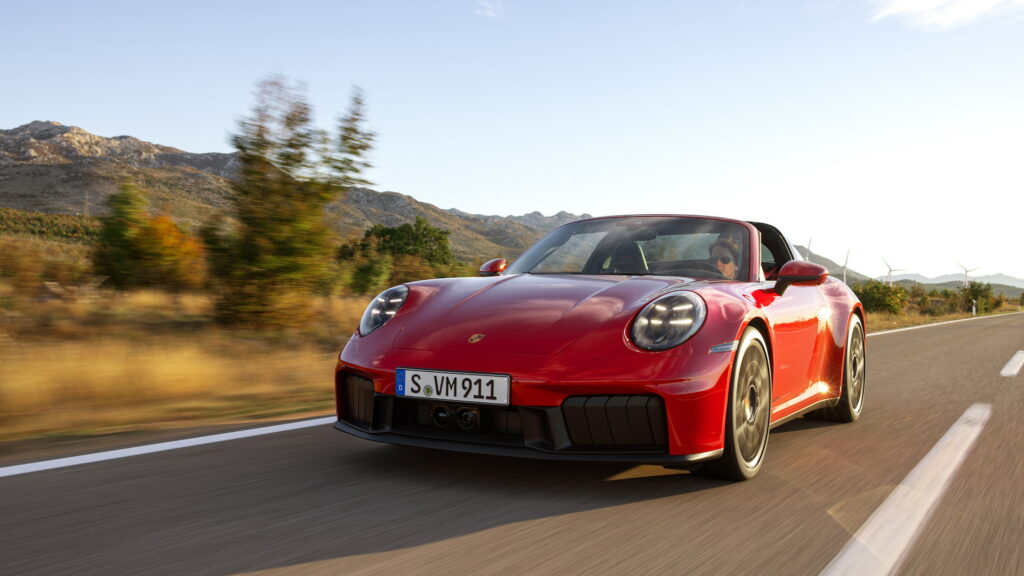The automotive world is buzzing with the recent debut of Porsche's hybrid 911 GTS. However, for tuning enthusiasts, this launch is a double-edged sword. While the hybrid powertrain means breakthrough performance and efficiency, it spells doom for those who love to tweak and customize their vehicles. Porsche's introduction of the T-Hybrid powertrain—integrating an electric turbocharger devoid of a wastegate—could be the ultimate test for the tuning community.
A Powertrain RevolutionThis latest iteration of the 911 GTS flaunts a robust 3.6-liter flat-six hybrid engine capable of producing a whopping 534 horsepower. While most petrolheads would drool over such numbers, tuners are left scratching their heads. The electric turbocharger presents a unique challenge: it's nearly impossible to adjust the turbo pressure. This constraint directly affects the capability to enhance power output, putting a damper on the usual tuning processes.
Electric Turbo: The Game-ChangerUnlike traditional turbochargers that utilize a wastegate to manage excess turbo pressure, the T-Hybrid’s electric turbocharger harnesses the surplus exhaust gases to power an electric motor. This motor then acts as a generator, feeding the battery pack. In practice, this setup ensures that power is instantly available, especially when exiting corners, relegating the need for pressure adjustments to the annals of history. While this might be a boon for regular driving, it effectively locks tuners out.
The Impossible Task of ModificationTop Gear Netherlands elicited some crucial insights from a Porsche engineer, confirming that any attempts to modify the 911 GTS T-Hybrid would be futile. Indeed, the highly complex and integrated nature of the electric turbo system makes it virtually unmodifiable. Although it's theoretically possible to develop and install a larger electric turbocharger, the associated investments would be astronomical, making it an unfeasible venture for most aftermarket entities.
Stock Performance: A Compensating FactorThe stock performance of the facelifted Porsche 911 GTS is nothing short of exceptional. The car boasts 534 hp and 449 lb-ft of torque, which, combined with the benefits of its 3.6-liter flat-six engine, sets a high benchmark. Although tuners might not be able to meddle with the engine as they see fit, the inherent power and torque should appease even the most fervent performance enthusiasts.
Alternative Routes for TunersDespite this dead-end, the world of tuning is renowned for its ingenuity and adaptability. The Porsche engineer hinted that alternative avenues might exist to boost the 911 GTS’s performance. This would likely involve visual and chassis modifications, given the complexities associated with modern HEV, PHEV, and BEV powertrains. As the industry pivots towards electrification, tuners will have to evolve and innovate to stay relevant.
A Glimpse into the FutureTuning companies now face unprecedented challenges. The era of straightforward mechanical modifications is drawing to a close as hybrid and electric vehicles become more complex. This new landscape will force tuners to stretch their creative and technical limits, possibly transforming the entire tuning industry. While the Porsche 911 GTS T-Hybrid may be a formidable obstacle, it also represents a thrilling new chapter in automotive history.
For now, tuning aficionados should brace themselves. The journey ahead is fraught with hurdles, but it holds promises of innovation and breakthroughs. And who knows? Perhaps the next big leap in tuning will come from overcoming these very challenges.

